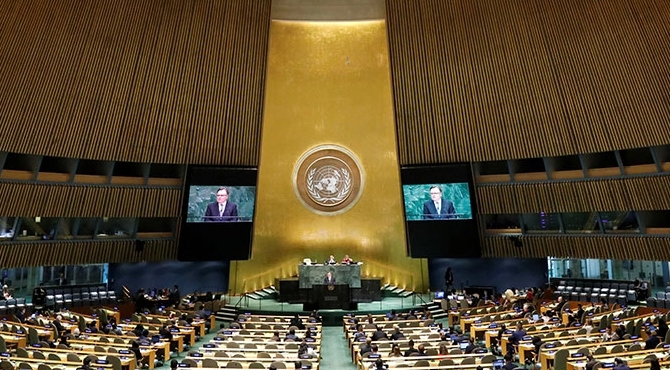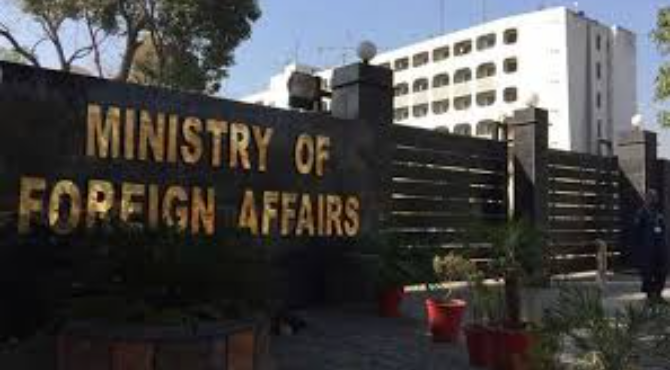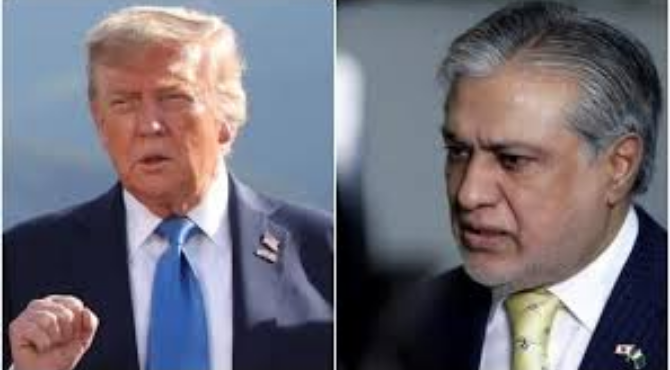The UN General Assembly (UNGA) has unanimously adopted the revised Global Counter Terrorism Strategy (GCTS) and called on the international community to take appropriate measures to address new and emerging terrorist threats on the basis of xenophobia, racism and Islamophobia. The initiative for the recognition of Islamophobia as an emerging terrorist threat under the GCTS was spearheaded by Pakistan, together with other OIC countries.
First adopted in 2006, the GCTS is an international normative and operational framework against global terrorism, which is reviewed and updated bi-annually in view of emerging trends in global terrorism. It consists of four “Pillars,” that focus on conditions conducive to the spread of terrorism; measures to prevent and combat terrorism; build states’ capacity to fight terrorism; and ensure respect for human rights in this regard.
The UN Global Counter Terrorism Strategy calls on the international community to take appropriate measures against emerging terrorist threats on the basis of xenophobia, racism, and Islamophobia, end direct and indirect forms of religious and racial discrimination, and counter incitement to hatred and violence propagated by terrorist groups on such basis. It also calls on the UN Secretary General to report on the threat posed by such extremist and Islamophobic terrorist groups.
The recognition of terrorist threats caused by Islamophobia in the GCTS constitutes a landmark achievement in addressing the increasing number of terrorist attacks against Muslims and their places of worship in many parts of the world.
Pakistan has repeatedly called on the international community to collectively act against Islamophobia, including by taking effective actions through the United Nations. Pakistan has also been expressing grave concern at the rising tide of Islamophobia, xenophobia and right-wing extremism across the world. Pakistan has also been expressing concerns regarding terrorist threat posed by the far right or extreme right-wing groups.
The UN strategy reaffirms the commitment of the international community to take measures to resolve prolonged conflicts, as well as to end foreign occupation in order to address the root causes and conditions conducive to the spread of international terrorism.



















